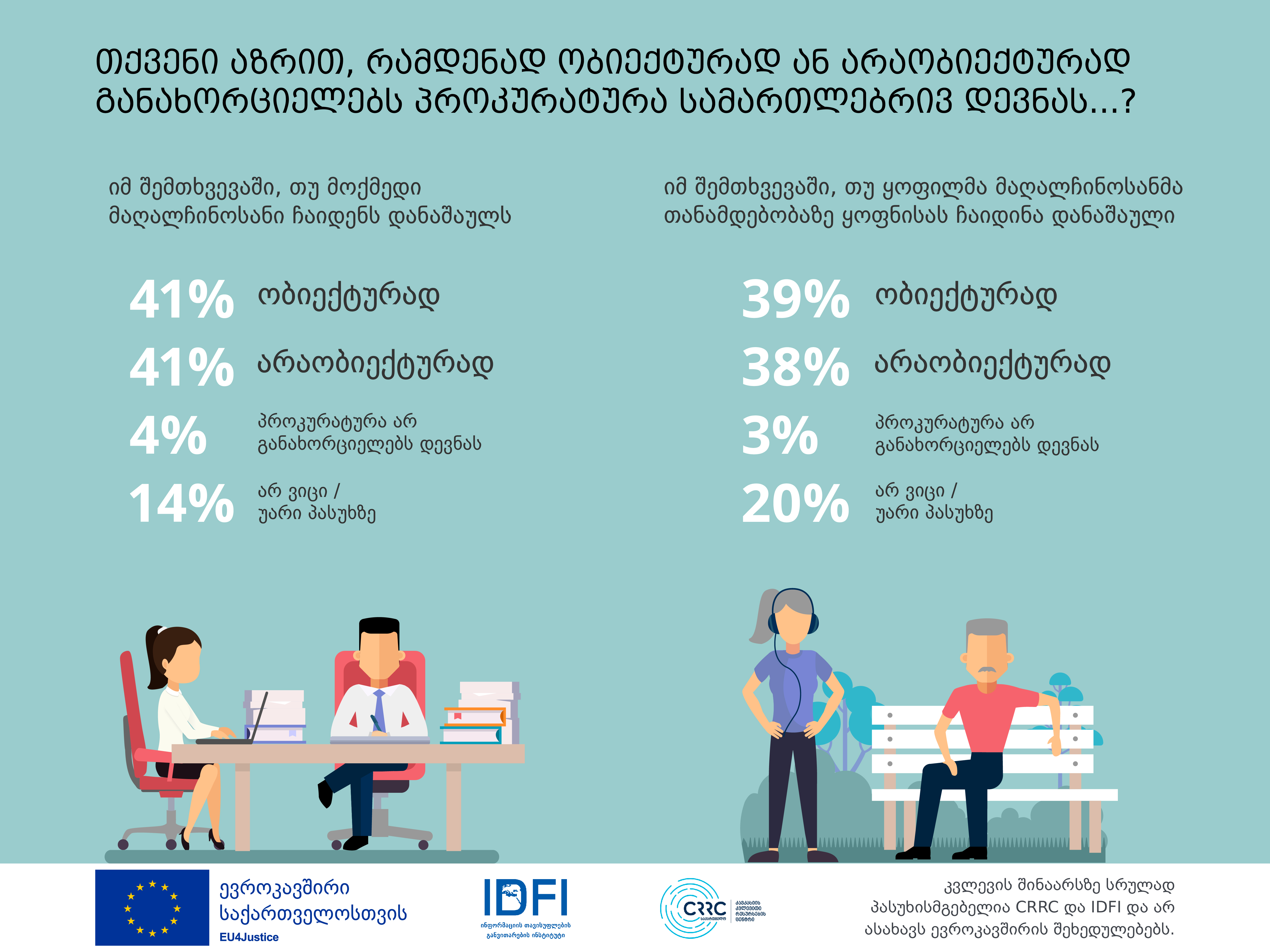
Rustavi 2 broadcasted an investigative film created by the Studio Monitor and Radio Liberty about a suspended investigation of the Prosecutor’s Office of Georgia. The film How to subjugate a judge? focused on accusations against prosecutors and judges related to the abuse of power, seizure of real estate, and giving of land to private individuals.